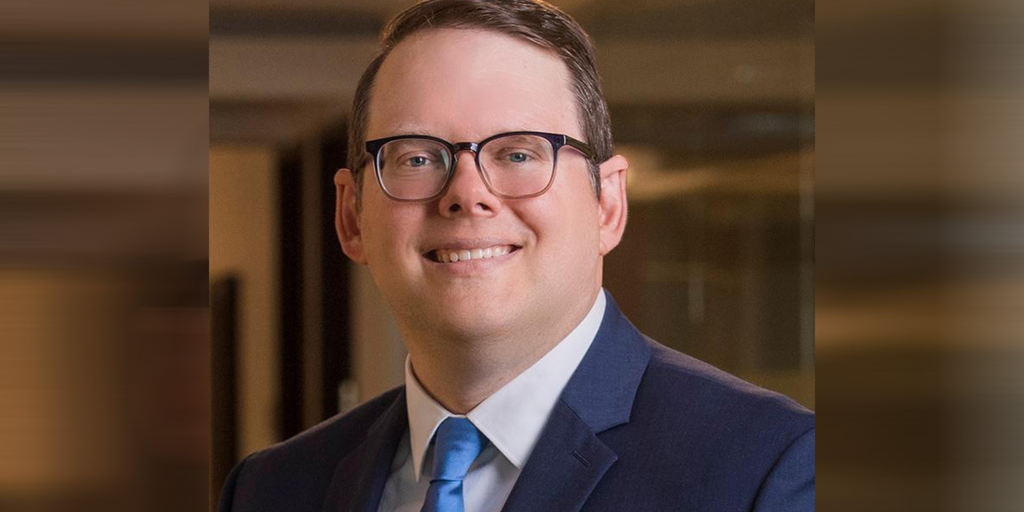Developments in the Recording Industry
The Screen Actors Guild-American Federation of Television and Radio Artists (SAG-AFTRA) has recently initiated voting on a groundbreaking deal with members of the recording industry to regulate the use of artificial intelligence in replicating actors’ voices. This agreement prohibits record labels from employing AI technology to reproduce voices without the explicit written consent of the artists. Duncan Crabtree-Ireland, the union’s executive director and chief negotiator, emphasized that consent must be obtained separately from the main performer contract or royalty agreement, ensuring artists are fully informed about the use of their digital likeness.
Key Provisions of the Agreement
The coalition of record labels, which includes Warner Music Group, Sony Music Entertainment, Universal Music Group, and Disney Music Group, will adhere to specific guidelines outlined in the agreement. Recording studios are required to provide detailed information regarding the intended use of digital replicas, preventing generic contracts that grant unrestricted rights. If a label releases a recording using a digital replica without proper consent, the artist retains the right to demand its removal, pursue arbitration, or seek monetary damages.
Impact of the Agreement
The agreement bears resemblance to the negotiation strategies employed during last year’s strike involving members of SAG-AFTRA and the Writers Guild of America. The strike, prompted by failed negotiations with the Alliance of Motion Picture and Television Producers, aimed to secure increased wages, residuals for streaming, and protections against unauthorized AI usage. Notably, the new agreement with record labels includes a significant 26% wage increase for performers and a structured compensation framework for the use of synthetic voices or AI-generated voices.
Legislative Efforts and Future Prospects
Besides industry agreements, policymakers have also joined the conversation on safeguarding artists’ rights in the era of AI technology. Proposed legislation such as the Generative AI Copyright Disclosure Act, championed by California congressman Adam Schiff, seeks to compel companies to disclose sources used to train their AI models. This legislative push aligns with broader efforts, including the “No Fakes Act” introduced by U.S. Senators, which aims to establish federal rights protecting artists’ control over their image, voice, and likeness in AI applications.
Image/Photo credit: source url





